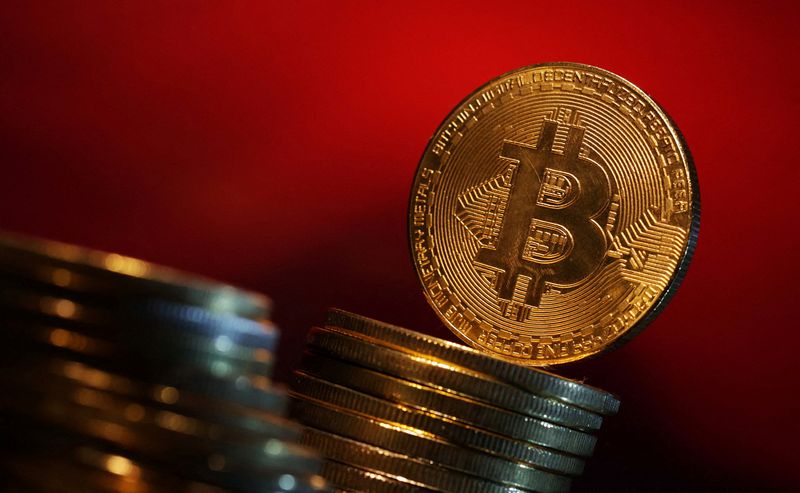Written by Huw Jones
LONDON (Reuters) – Cryptocurrency trading is concentrated in a small number of exchanges, with Binance alone accounting for about half of the market, raising concerns about the impact of its collapse on the sector, the European Union said. securities watchdog said Wednesday.
The bloc is rolling out the world's first comprehensive set of rules to regulate trading in cryptoassets such as Bitcoin, Ether and Tether, and is seeking approval for exchanges.
A detailed analysis by the European Securities and Markets Authority of what is being traded and by whom has so far found that the euro currency has played a minor role.
Trading volume is highly concentrated, with 10 exchanges processing about 90% of trades, and the largest, Binance, accounting for about half of the market.
“While this may be advantageous from an efficiency perspective due to economies of scale, it raises considerable concerns about the impact a failure or malfunction in a major asset or exchange would have on the broader cryptocurrency ecosystem.” ESMA said.
“We have observed that market concentration among exchanges has increased over time, with Binance alone accounting for over 50% of trading volume.”
Binance has no comment at this time.
Although Bitcoin hit an all-time high of $73,803.25 in March, the total value of all cryptocurrencies is $2.7 trillion, according to CoinGecko, and remains a small portion of the global financial system.
ESMA notes that determining the origin of order flow and the geographic location of crypto exchanges remains problematic, with approximately 55% of current global trading volume being carried out on exchanges that hold an EU license. He said there was.
According to ESMA, most of the trading takes place on exchanges located outside the region, in tax havens.
ESMA notes that “contrary to frequent claims that crypto assets can provide a safe haven when markets are under broader stress, there is a certain degree of correlation with equities. “It turns out that there is no stable relationship with gold.”
ESMA will host a webinar on April 25 to discuss the findings.
(Additional reporting by Elizabeth Howcroft; Editing by Alex Richardson and Jan Harvey)


